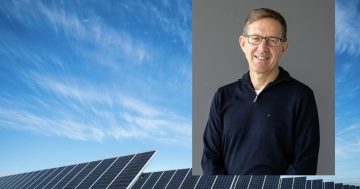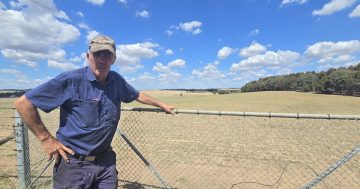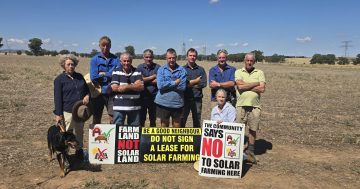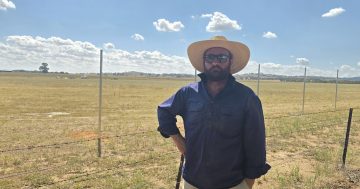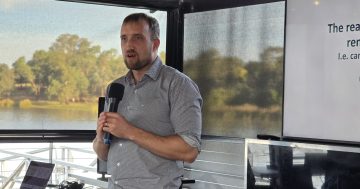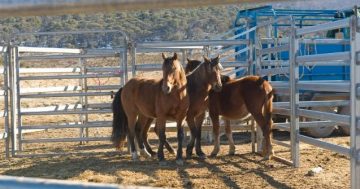
Dr McGirr was concerned applications to build new solar factories were still being lodged and considered for approval when the new Large-Scale Solar Energy Guideline, drawn up by the NSW Department of Planning, Industry and Environment, remained in a draft form. Phone: Dr Joe McGirr.
As Borambola landholders double down in their fight against the proposed development of a 307-ha solar farm at Mates Creek, their local MP has called for a moratorium on the approval of new solar factories in NSW.
Independent MP Dr Joe McGirr said new developments should remain on hold until NSW Agriculture Commissioner Daryl Quinlivan had completed a review and provided his final report (currently expected later this year) and the government had finalised its new Large-Scale Solar Energy Guideline.
Mr Quinlivan’s review was announced in March by NSW Minister for Energy Matt Kean and Federal Minister for Agriculture Dugald Saunders.
At that time, Mr Kean said it would “look at how the renewable energy sector helps to diversify farming income streams and create regional jobs, and consider any opportunities to improve existing frameworks, such as the coexistence of solar and wind with farming”.
As part of the review process, Mr Quinlivan recently released an issues paper, Agriculture and Renewable Energy in NSW.
Dr McGirr was concerned applications to build new solar factories were still being lodged and considered for approval when the new Large-Scale Solar Energy Guideline, drawn up by the NSW Department of Planning, Industry and Environment, remained in a draft form.
The draft guidelines could impact planning controls for solar and wind energy developments in regional areas if adopted.
“Given that the NSW Agriculture Commissioner has begun a review and the new Large-Scale Solar Energy Guideline is currently in draft form, it seems both fair and sensible to put a moratorium on new solar factory developments,” Dr McGirr said.
“We do not want to find ourselves in a situation where developers are trying to rush through proposals for solar factories that they know would likely be impacted under the new guideline.”
Dr McGirr has previously voiced his unease about the increasing number of solar factories being developed on productive farmland in the Wagga Wagga region and said concerns had been raised with him regarding several developments.
“There is a hefty list of issues, including the visual amenity, the loss of productive farmland, the impacts on neighbouring properties, effects on property values, bushfire risk, long-term impact on the land, water run-off, the impacts of land clearing and dryland salinity,” he said.
“I am a firm supporter of renewable energy, but productive farmland is finite and there are other parts of NSW that would be more suitable for large-scale solar factory developments.”
In a recent Private Members’ Statement in parliament the member for Wagga Wagga said a recent public consultation on one proposal had fierce opposition from about 80 affected people.
“I am told there has not been as fierce a meeting in my electorate for some time,” Dr McGirr said.
“NSW has designated Renewable Energy Zones (REZ) on suitable land, so why have solar factories on properties in the Riverina – some of the best food-producing land in the country?
“We must make sure that the future is not one of sterile land and blighted communities. It is critical that the review genuinely examines the real negative impact of solar factories on agricultural land and communities, especially when we have alternatives in Renewable Energy Zones.
Dr McGirr has urged everyone concerned about the proliferation of solar factories on productive agricultural land to lodge a submission.
To make a submission to the Agriculture Commissioner’s review, or read the issues paper, visit the DPI website.
Submissions close at 5 pm on 23 May and can be sent to [email protected]







